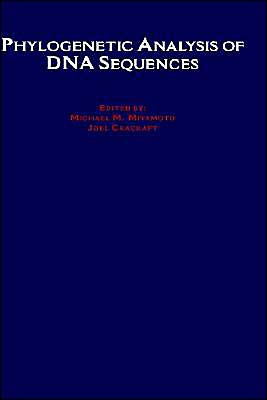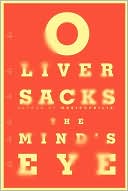Phylogenetic Analysis of DNA Sequences
In this volume, international contributors address crucial questions about DNA systematics, including DNA sequence data acquisition, phylogenetic inference, congruence and consensus problems and any other topics.
Search in google:
With increasing frequency, systematic and evolutionary biologists have turned to the techniques of molecular biology to complement their traditional morphological and anatomical approaches to questions of the historical relationship and descent among groups of animals and plants. In particular, the comparative analysis of DNA sequences is becoming a common and important focus of research attention today. The objective of this volume is to survey the emerging field of molecular systematics of DNA sequences, and to appraise the strengths and limitations of the different approaches yielded by these techniques. The contributors are an internationally recognized group of investigators from different schools and disciplines who critically address a diversity of crucial questions about DNA systematics, including DNA sequence data acquisition, phylogenetic inference, congruence and consensus problems, limitations of molecular data, and the integration of molecular and morphological data sets. The work will interest all botanists and zoologists involved in systematics, taxonomy, and evolution.
1. Phylogenetic Inference, DNA Sequence Analysis, and the Future of Molecular Systematics, Michael M. Miyamoto and Joel Cracraft2. DNA Sequencing: Strategy and Methods to Directly Sequence Large DNA Molecules, Jerry L. Slighton, David R. Siemieniak, and Leang C. Sieu3. The Application of Automated DNA Sequence Analysis to Phylogenetic Studies, Robert J. Ferl, et. al.4. Computer Alignment of Sequences, Michael S. Waterman, Jana Joyce and Mark Eggert5. Aligning DNA Sequences: Homology and Phylogenetic Weighting, David P. Mindell6. Relative Efficiencies of Different Tree-Making Methods for Molecular Data, Masatoshi Nei7. Compositional Statistics Evaluated by Computer Simulations, Arend Sidow and Allan C. Wilson8. Weighted Parsimony: Does It Work?, Walter M. Fitch and Jia Ye9. Testing the Theory of Descent, David Penny, Michael D. Hendy and Michael A. Steel10. Parsimony and Phylogenetic Inference Using DNA Sequences: Some Methodological Strategies, Joel Cracraft and Kathleen Helm-Bychowski11. Evolutionary Analysis of Length-Variable Sequences: Divergent Domains of Ribosomal RNA, Allan Larson12. Statistical Methods for Testing Molecular Phylogenies, Wen-Hsiung Li and Manolo Gouy13. Discriminating Between Phylogenetic Signal and Random Noise in DNA Sequences, David M. Hillis14. When are Phylogeny Estimates from Morphological and Molecular Data Incongruent?, David L. Swofford15. Congruence Among Data Sets: A Bayesian Approach, Ward C. Wheeler








